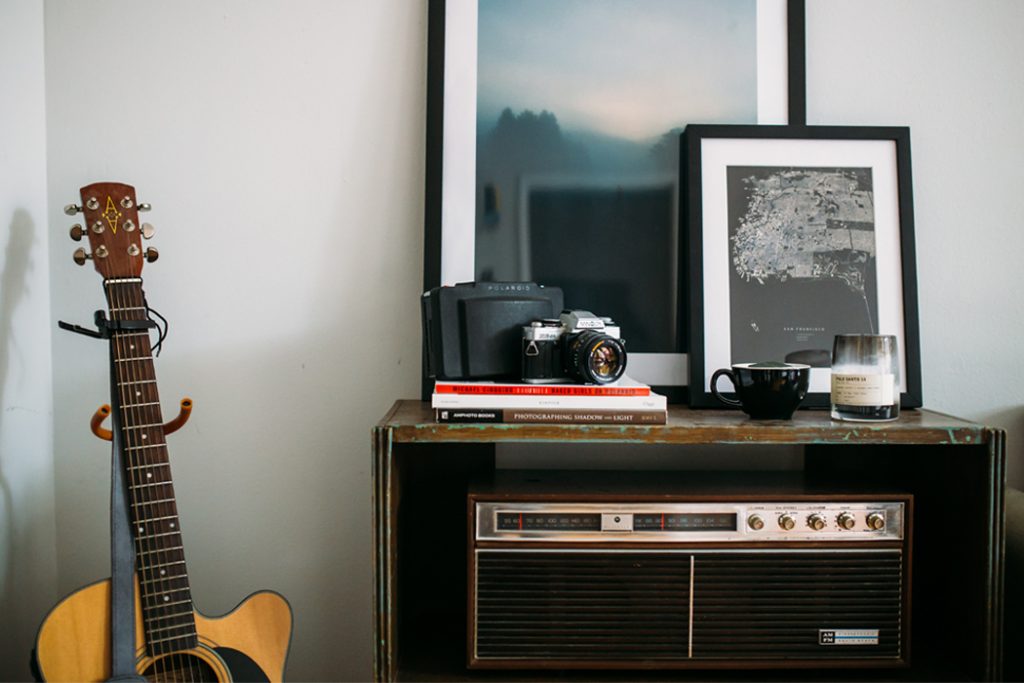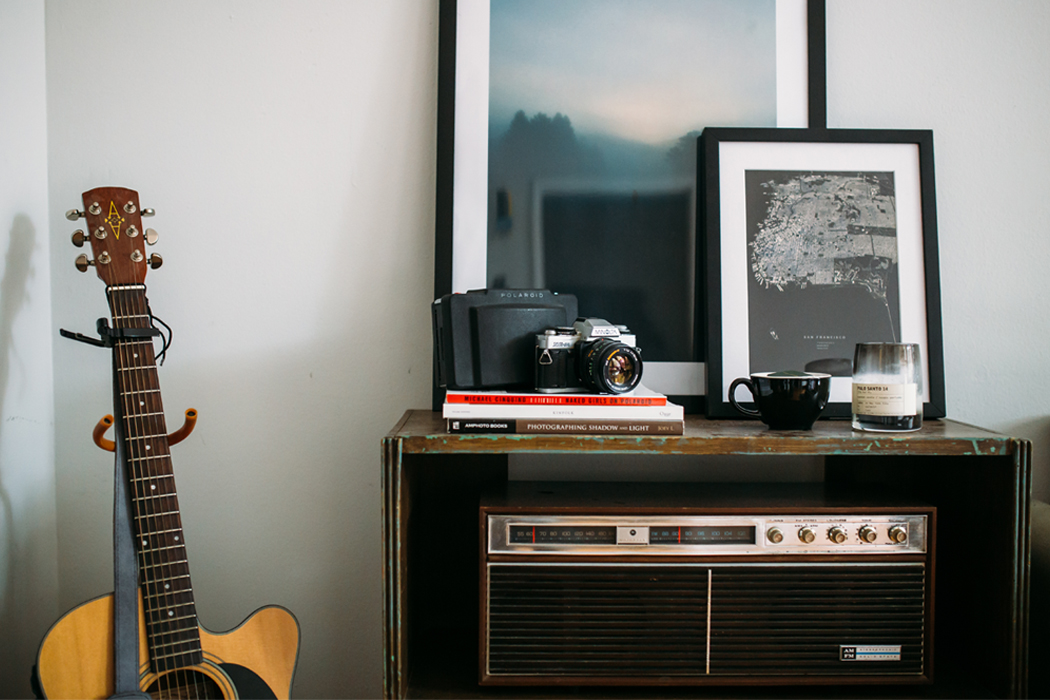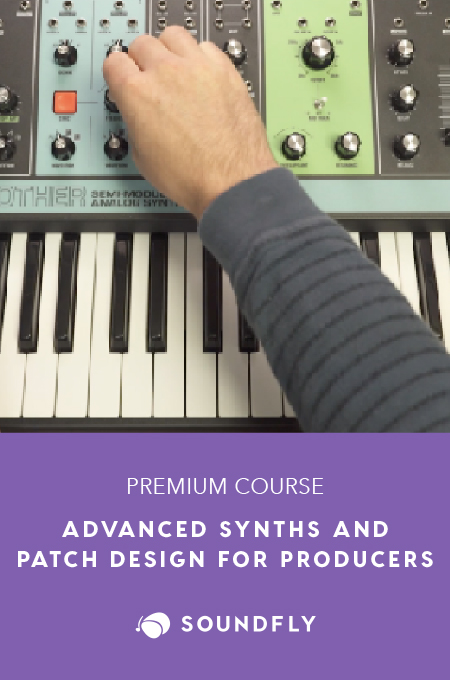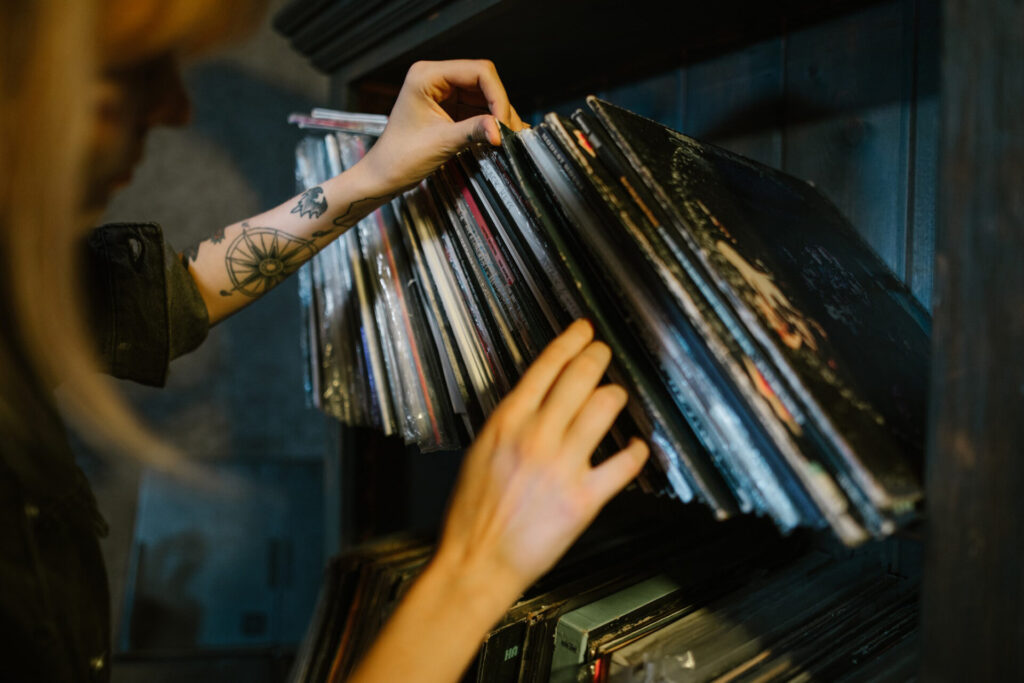One of the biggest questions I get asked by artists concerning radio airplay is where to find lists of stations to contact. This is a misnomer. For the sake of argument, let’s get away from the idea of a borrowed list as being something that helps you.
The reason we’re not going to focus on a list of contacts is because lists tend to be nameless, faceless chunks of email addresses. They’re addresses of people you don’t know personally. As long as you’re going to do the necessary work of contacting people personally, you’ll have to think differently about this process. Every piece of the process, not just the messaging itself.
In case you missed it, I’ve already written about why I think it’s still worth it to include radio media in your music promotion these days — despite popular claims that “radio is dead,” which it isn’t. Radio airplay leads to accessing wider audiences, densifying your fanbases, building connections with tastemakers, and strengthening your royalty-based revenue streams. How and where you find radio stations, program hosts and music curators, and even music bloggers is an essential piece of this music-promotion process. Let’s dive in.
Start with What You Know
One of the best ways to find the right media platforms (i.e., radio stations, shows, etc.) to share your music is by heading straight for what you’re already listening to. If you think, “But I only listen to Spotify and never turn on the radio,” then stop right there. Change that.
Why would you reach out to a medium that you have no connection to or investment in? It’d be like me wanting to get a speaking gig in front of a group of astrophysicists. Until or unless I spent some time diving into that particular area of science to gain experience, know-how, and insight, I’m not going to be honest in contacting people in that field to gain their attention.
You want to grow your music fanbase, right? It makes sense to target radio stations to make that happen. Go after the right kind of radio for your music, and don’t get into the habit of targeting every station out there. When you know the type of radio station or music show you want to reach out to, that’s how you find the stations and shows to contact.
Lastly, if a station has played your music before — a simple Google search will be able to tell you that information most of the time — definitely reach out to them with your new music. Familiarity goes both ways!
Listen to Them and Become Familiar
Spend anywhere between 10 minutes and an hour listening to a station or music show. That amount of time will give you everything you need to know whether or not you want them to play your music. If your sound fits with the style of music on that platform, they’re a good fit. Hear what the hosts or DJs sound like. Listen for passion in their voice when they introduce a song or artist.
For music shows and programs, listen for the themes that the show has and how the host incorporates particular songs into that episode’s theme. That’s a huge part of what The Appetizer Radio Show does every week. It’s not a random collection of songs but a curated music experience built around specific themes and ideas.
Music programs are run by music curators. The more you know about the curator and have a listening experience with their platform, the easier it is to make that connection because you have something to reference. Referencing your listening experience when you make a music submission is a much more powerful way to contact a music influencer because it shows that you genuinely want to be on that specific music platform.
Where Do You Find These Shows?
There are a few different options.
One is the good old-fashioned Google search using terms like “indie rock stations” or “indie music radio” or however you’ classify the style of music you make. Add city, state, and country names in there to target your search to specific music markets, especially if you’re touring through those areas. You’ll get a huge listing of stations and their websites. Page after page will give you an experience with different radio stations and shows, along with their affiliated blogs, podcasts, and other outlets for music features.
If you want to expedite that process and get all of those station sites divvied up by style of music or location, you can use the Indie Music Bible.
This is a resource I’ve used for years to grow my radio show’s carrier stations through syndication. You’ll also find my info in there, along with several of my good friends who curate music on a variety of media platforms. Use the Indie Bible to find the right platforms, hosts, and curators to add to your contact sheet to grow your reach.
There are other places where music curators are grouped together in a pdf that has all the pertinent information. If you find one of those, use it. You still need to take the time to experience a curator’s work before you contact them if you want the best results. I’ll cover some methods of how to contact music curators in a forthcoming article, but I want you to get the mindset down now.
Personal connection and relationship building is how you grow your career. By taking the time to invest in someone’s work before you ask them to invest their time, resources, talents, and platform into you, you’ll show them you’re serious and committed to building a relationship.
You can also use music submission platforms like Music X-Ray, Music Submit, and Fluence.io. I’ve worked with these submission platforms as a curator, experienced some great music, and built great relationships with artists along the way.
How can you keep up with all the music platforms you’re finding and using and keep track of all the experiences you have on them? All this may seem overwhelming. Don’t worry. Navigating your contact sheet is easy — just plug it all into a Google spreadsheet to keep track of everything. You’ll want columns for contact name, station/music platform, email address, style of programming (blog, radio station/show, podcast, etc.), styles of music featured, your listening experience, contact date, response, accepted/declined, and ongoing follow up.
Work this contact sheet, and you’ll have a fantastic collection of music influencers, contacts, and friends to help you grow your music all at your fingertips.
For more insights into this, and to get a step-by-step process, grab The DIY Musician’s Radio Handbook and The Essential Recipe For Effective Music Submissions available on Amazon and at dgrantsmith.com/books. To learn all about how to use streaming and radio play to generate all the royalties you never knew existed, check out Soundfly’s free online course created with music-industry guru Ari Herstand.





